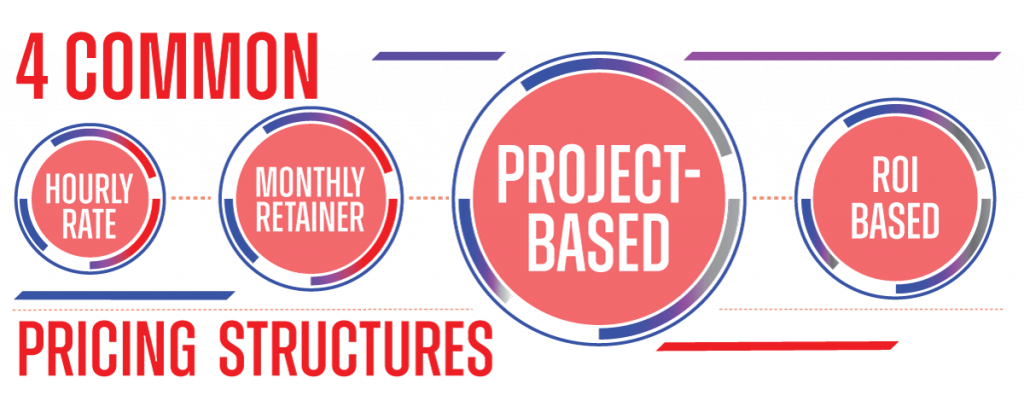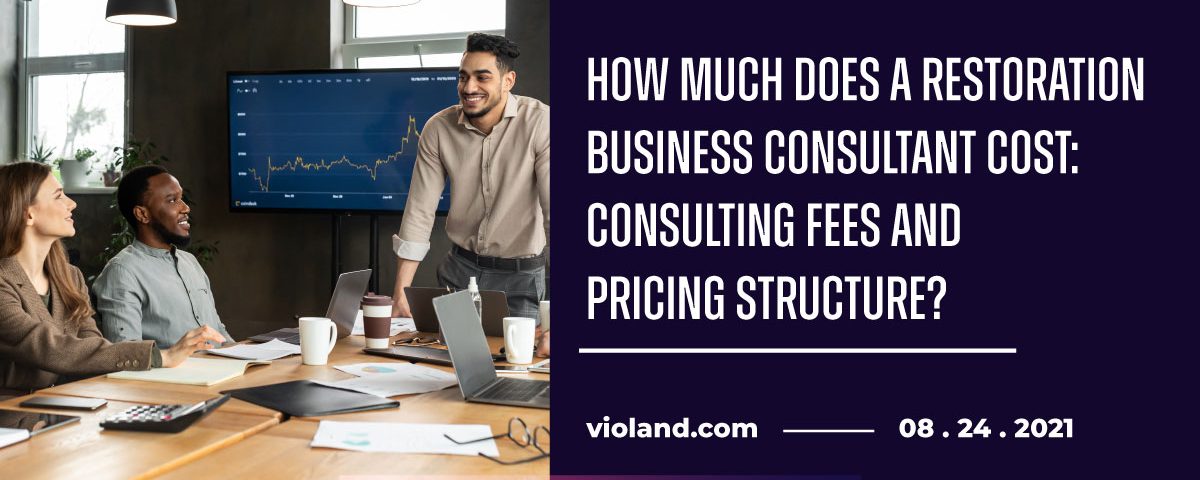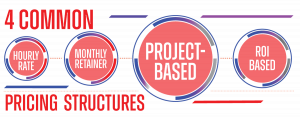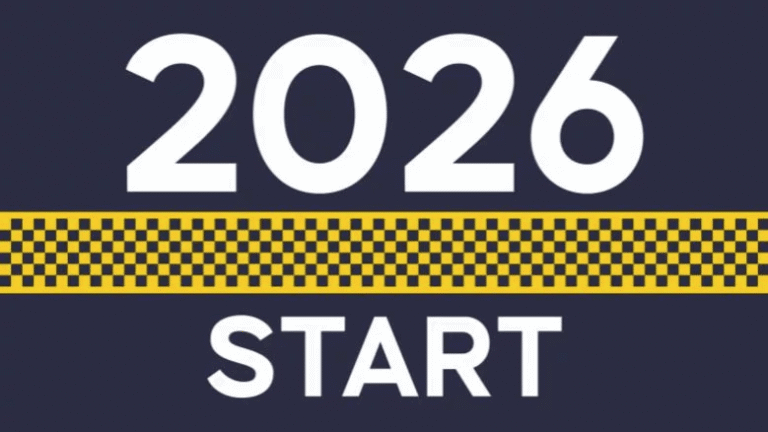Being an entrepreneur can be tough; everyone expects you to have the RIGHT answer ALL the time. As a business owner in the restoration industry, it can be even tougher when balancing the needs of customers, adjusters, and your company. The moment may come when you need guidance, whether ongoing or for a specific challenge. You may consider hiring a restoration consultant, but what are the fees, pricing structures, and services they provide? How much does a restoration consultant cost?
Hiring a professional consultant from outside your company can feel daunting, as consultants vary widely on their techniques and levels of service. In this article, we will guide you through selecting a restoration consultant or executive coach by discussing the different models, objectives, techniques, and cost structures you may encounter. After reviewing, you will know enough to be confident that you are choosing the RIGHT consultant for your particular challenge and business. You will also be able to estimate the cost of hiring a consultant or executive coach in the restoration industry.
Consulting Pricing Models and Structures
A study conducted by Consulting Success shows that most business consultants use one or a combination of five common pricing structures.

- 31.37% of consultants use a project-based rate to price their projects
- 23.38% use hourly billing
- 17.30% use value-based fees
- 15.40% use monthly retainers
- 12.55% charge daily
As a restoration business owner, you want to be sure to evaluate several consultants. When doing so, here are a few factors to take into consideration:
- Do they offer services that deal directly with your needs?
- What are others in the industry paying for this level of advice?
- How much work will be involved in the challenge you are hiring a consultant for?
Most consultants consider how they price their services to be a crucial competitive asset that they seldom disclose to those who do not become clients. This makes it tricky to compare rates of multiple consultants and even tougher to relate their price to the value they will ultimately provide.
Four common pricing structures in the restoration consulting industry
Hourly or Daily Rate
Independent consultants often prefer to charge an hourly or daily rate to avoid any issues that may arise from a change in the project scope. Their clients receive a flexible arrangement that allows them to continually assess whether the value they’re receiving is directly in line with the cost.
Newer, self-employed consultants tend to undercharge as they are beginning to build their portfolios. You can expect great value from a self-employed or independent restoration consultant, but they will have less experience and fewer resources than a larger firm.
Project-Based
Experienced and high-level consultants offer project-based agreements for situations that have a set scope or period. Pricing is usually developed after speaking with the client and discovering more about the complexities of their situation. Their experience from helping other businesses with similar challenges allows them to accurately estimate the effort and participation needed to design and execute a solution.
Project-based pricing is valuable for a client who has difficulties in only one specific area. This would not be a good fit for a complex business issue spanning multiple departments. A complex problem can experience scope creep that will cause the price to increase dramatically since it is outside the agreed upon initial project price.
Monthly Retainer
Retainer-type pricing is used when solving an ongoing, long-term, or complex business problem. In this case, a retainer would be more appropriate to ensure that the current and future challenges surrounding a particular problem are resolved. The retainer is likely paid at the beginning of the period or in one lump sum. The advantage to a retainer agreement is having a dedicated point of contact that will be available any time to assist or advise you on your current situation.
This type of agreement can be advantageous as it provides a discount on a project-based pricing agreement by guaranteeing a long-term relationship. Many times, consultants operating on a monthly retainer structure will also offer flexibility in the agreement in case of an inevitable accident or a slow business cycle. This structure can also provide benefits with other products the consulting firm offers such as professional training programs, process or procedure documents, or self-paced training like a Learning Management System (LMS).
ROI-Based
ROI-based arrangements or a related hybrid model based on fee-and-incentive structures can be valuable for both parties. This type of structure provides a low-risk entrance into a consulting arrangement. This contract may call for a small upfront fee with a larger fee to be paid later if the engagement is successful. It creates a situation where you only pay if the consultant performs well.
A concern to this structure is the possibility of incentivizing your advisor to implement short-term strategies or goals that decrease short-term costs but come at the expense of long-term performance. The credibility of the consulting firm with this type of pricing structure is paramount when considering an ROI-based arrangement for your restoration business.
Restoration Consulting and Coaching – Types of Service Providers
In the industry of restoration business consulting, there are three general types of consulting models or structures: independent, networking, and full-service.
Self-Employed or Independent Consultants
The most common type of consultant is a self-employed or independent consultant. This is usually a past owner or manager of a restoration business who built their own business to high levels, leaving the consultant to then feel they have enough experience to help other restoration business owners. These consultants have a strength for small- to mid-size restoration businesses that need structure, processes, and tips on the day-to-day operations of their business, typically focused on sales or operations. The amount of experience this type of restoration consultant can offer is hands-on and situation based. They normally charge an hourly/monthly retainer but can also do project-based consulting depending on their experience and capabilities.
Peer Networking Groups
The peer networking model has become popular with the heavier adoption of communication technology like video conferencing. It allows a group of owners to collaborate and discuss the restoration industry as well as the current challenges they are facing. These groups can deal with restoration-specific topics like sales, operations, Third Party Administrators (TPAs), compensation, and project management. The groups provide a valuable look into the operations of other restoration businesses. They can also have useful information on topics like how they started a plumber referral program or how much they pay plumbers in referral fees. These peer groups usually operate under a subscription-based program for periods of months or years. They do not provide any specific project-based or curated advice.
These groups typically will meet monthly through a video conference call. Each sub-group is determined by factors such as business size, service lines, experience, and current business stage. An important point to note is that you will not be grouped with a direct competitor. This model provides a feeling of support similar to the franchisor/franchisee relationship. Participating owners must trust that the advice they receive from the peer group is correct and follows best practices.
Full-Service Firms
The final type of consulting provider is a full-service consultant. These firms will employ multiple consultants in a diverse set of disciplines. Their team of consultants will be able to offer specific advice in whatever area of business you may need the most help in. Normally, you will be assigned a single consultant who will meet with you on a consistent schedule to work with you on specific challenges you are facing. They will discuss strategies to overcome these challenges and offer resource documents, Standard Operating Procedures (SOPs), or bring in a consultant from their team who has expertise in the discipline you may be having trouble with.
These firms will most likely have a wealth of information in the form of systems, programs, training, and documents that you can utilize and implement immediately in your business. Some full-service consultants in the restoration industry will also offer a Learning Management System (LMS) for professional or technical training of your staff. This can be an add-on or included in your consulting contract. In terms of project-based arrangements, a full-service firm will offer the most options. The project types might include strategic growth, business turnaround, mergers and acquisitions, succession planning, process improvement, and owner independence. This type of consulting usually provides the greatest value and hands-on help but can also be the most expensive. Services are normally on a contract basis with a minimum period of 12 months. An added value is if they offer professional training separately, you will most likely receive some type of discount on their programs.
A full-service firm normally offers a variety of meeting schedules to best fit your needs, but the frequency directly correlates to the price. Scheduled meetings with your consultant or their team can be anywhere from once a month to weekly. An additional benefit of a retainer structure is flexibility in the amount of interaction. A client experiencing an emergency or desiring additional input will likely never be turned away or charged extra, as on-demand coaching is usually part of the program package.
How Much Should I Pay a Business Consultant?
Independent consultants normally take the hourly wage (plus benefits) that they would earn when working on salary for a larger firm and then double or triple that amount. For example, if you want to hire a business strategist in the restoration industry who makes $100 per hour for longer-term projects, they will likely charge $200 to $300 per hour for their services.
This isn’t the only way to determine a pricing agreement. One-time calls are commonly the most expensive since they aren’t a guaranteed long-term agreement and don’t necessarily mean you will continue to do business with the consultant in a permanent arrangement. Hourly calls priced at over $400 aren’t rare, even with less experienced or newer consultants.
Often a one-time call can be arranged at a lower rate because the consultant will see it as an opportunity to expand the call into a long-term business agreement or retainer-structured contract.
The absolute best option is to pay based on the VALUE that the prospective consultant brings to your business and your specific problem. This ensures that the rate isn’t based solely on the time or materials they are providing but on the value it brings to your business in dollars.
Would you pay $25,000 upfront per month? (I bet your stomach just dropped and your mouth hit the floor!) Give me a chance to explain. What if the consultant guided you to enact changes leading your restoration business to increase gross revenue from $1M to $2M dollars within six months? Or imagine if they increased your net profit margin from 15% to 30%. Would that be worth it? I am betting you would sign that contract right now if that’s the case! Of course, the opposite can be true as well. You might pay $500 a month to an independent consultant but see no beneficial outcome to your bottom line.
Finding the right fit for your business can be daunting or even frightening. Normally, people consider hiring a consultant because their business is facing a challenge, and the stress can add to the pressure of making the right decision. You may be considering outside expertise for your business because the restoration industry can be feast or famine. The most common reasons people cite for hiring a business consultant include looking for a healthy work-life balance, planning for the next generation to lead, considering selling the business, aggressively scaling restoration sales, creating autonomy or independence for the owner, or simply increasing profitability. The most likely scenario is a combination of all the above.
Whatever the reason you’re considering hiring an outside consultant experienced in the restoration industry, the following seven factors should be able to provide some guidance on how to choose the best fit for your business.
What’s the Best Fee Structure for Your Restoration Business?
Violand Management has been consulting restoration businesses like yours for almost 35 years. Throughout those years we have been able to gather good insights into the factors you should consider when searching for professional expertise in the restoration industry. We have narrowed these factors to seven. Let’s look at each and how they may impact your decision.

1. Type of Engagement
The specific type of challenge your business is facing is the first critical factor in determining the right provider. Each stage in the lifecycle of a business presents a unique set of challenges. In the beginning, process and procedure can quickly become a concern but after a business is established, creating consistency and best practices for hiring or owner independence may become the most pressing issue. These specific challenges your restoration business is facing are important as you want to understand your potential consultant’s amount of experience and track record in that area.
For example, a newer independent consultant who grew a business to $10M in 10 years but sold it immediately to a private equity group may not understand the nuances of creating impactful and lasting owner independence. They may be the authority on explosive growth or mergers and acquisitions but may not be the most effective for your unique set of challenges. You can find out more about other specific types of consulting engagements HERE.
Whatever the challenge in your business, make sure your prospective restoration consultants have experience in that area. Then get a feel for their track record by asking for references related to your goals. And don’t just settle for testimonials. Ask questions that dig into the relationship with the consultant and their execution of the plan to ensure the client had a good experience throughout the process.
2. Length of Engagement
Estimating the depth and complexity of the challenges your restoration business is facing is the next critical step in making the best decision. An issue such as the effectiveness of your restoration sales team can be assessed and addressed quickly through training and coaching. This would be a situation where you may consider a short-term, project-based arrangement. A brief site visit to evaluate your current financial standing and attractiveness to potential buyers is another ideal circumstance for a project-based consulting arrangement. In contrast, a business turnaround or complete overhaul would certainly warrant a long-term, monthly retainer structure.
When examining your options for restoration business consultants, the estimated period of the consulting engagement is the second most important factor you should consider.
3. Market Rates
Market rate pertains to the average price of hiring an advisor for similar services and what other clients are paying for those services. This wouldn’t create a mandatory ceiling or basement for pricing, but it will provide a benchmark to compare pricing later in the process. This benchmark offers a point of reference as you receive pricing from prospective consulting firms, but should be used only as a guide, not gospel. To accurately compare pricing and get a comparable amount, break down the price of each proposal you receive into hours. Dividing the value of the contract by the estimated number of hours will give you a common measurement, $/hour, to compare each firm you are considering. Make sure to always consider the hours behind the scenes that your consultant will be putting directly into your business.
4. Projected ROI
The cost of the services you are acquiring will be tied directly to your expectations in terms of return in dollars. If a consultant charges a $/hour fee to advise you on setting up a great plumber referral program, it will be hard to demand a premium. These types of programs are common and there are many sources of information to help you implement this or a similar program. The value of their advice is the ability to direct you on the technical and detailed steps to implement a successful program. Their flexibility and technical knowledge combined with them likely being the most economical option makes an independent restoration business consultant an attractive choice in this scenario.
A professional restoration consulting firm is going to focus on complex challenges such as strategic direction, financial Key Performance Indicators (KPIs), or expansion. Strategic challenges like succession planning, increasing profitability, strategic growth, or preparing a business for sale are the bread and butter of a full-service firm. They work “at scale” to impact a majority of the organization or to support the business’s revenue goals. The scope of their work is wide and complex, which justifies a higher rate.
5. Additional Benefits
Often, many higher-priced consultants offer additional training, education, or service-related opportunities. In most cases, long-term clients will benefit from a significantly reduced cost for these additional programs.
Some consultants offer products tailored specifically to the restoration industry dealing with hiring, sales, frontline workers, management, and more. These products could be anything from a proven detailed system or a Learning Management System (LMS) platform that could benefit your business immediately by offering training at your own pace.
Smaller consulting firms traditionally cannot offer additional products and services. As an independent consultant, their time is spent working with clients directly which may restrict them from focusing on developing additional products and services.
When courting restoration business consultants, be sure to ask about any additional products and services they may offer, including benefits or savings you would receive from being a trusted, long-term partner.
6. Reputation
In the restoration industry specifically, there is a large majority of independent consultants with only a small fraction of full-service firms and peer-networking groups. Among those independent consultants, the variations due to skillsets, experience, and pricing can become overwhelming. In this millennium, the internet and social media specifically provide a measurable advantage to you as the prospective client. Groups on Facebook like Restoration Rebels and NORRP can provide a clear picture of a potential partner’s experience, success, and past client satisfaction. You may also want to visit their company pages on various websites like Facebook, LinkedIn, Google My Business, or others to assess the market’s perception.
7. Industry Experience or Knowledge
Niche industry expertise can be critical in the disaster restoration industry as a pseudo construction and cleaning business or both. The unique nature of the industry and diversity of services provided by some restoration businesses present exceptional challenges and may require extensive industry knowledge and experience.
Experience with your size of business is another important detail. Some consultants may specifically work with businesses under $1M in revenue or within a defined range. Make sure you inquire about the size and type of businesses to ensure they have experience handling a client similar to you and your business.
How to decide which consultant is the best fit for your business?
The consulting industry is growing at breakneck speed! There are a multitude of options for independent, niche, large, and small firms to work fast and directly with your growing restoration business. Some businesses may stall or plateau and need an extra push to continue rocketing skyward.
What works for a 20-person business versus a 2-person business won’t be the same. We have discussed different consulting models, fee structures, and factors that can help clarify what will work best for your situation.
The key to picking the right fit for your business is accurately assessing your needs, expected return, investment of time, and financial input. Speak with different firms to understand their model, experience, and any additional benefits they offer. Consider all of these factors when you are comparing the consultant cost.
Smaller organizations tend to seek out the most growth-focused and repeatable channels that generate revenue. These sources will often provide that next key to growth they can utilize until they hit the next stage of business.
Medium to large organizations lean on full-service consultants to provide an intricate combination of services and resources for situations like adding a new service line, opening a new location, or preparing the business to sell externally or to a family member.
Finally, choose the consultant that will offer you the most return on investment, not only in dollars but also in experience, knowledge, and education for your entire organization. You must understand these factors because a great advisor can help you achieve your dreams, but a bad partnership will likely cost you time and money.




